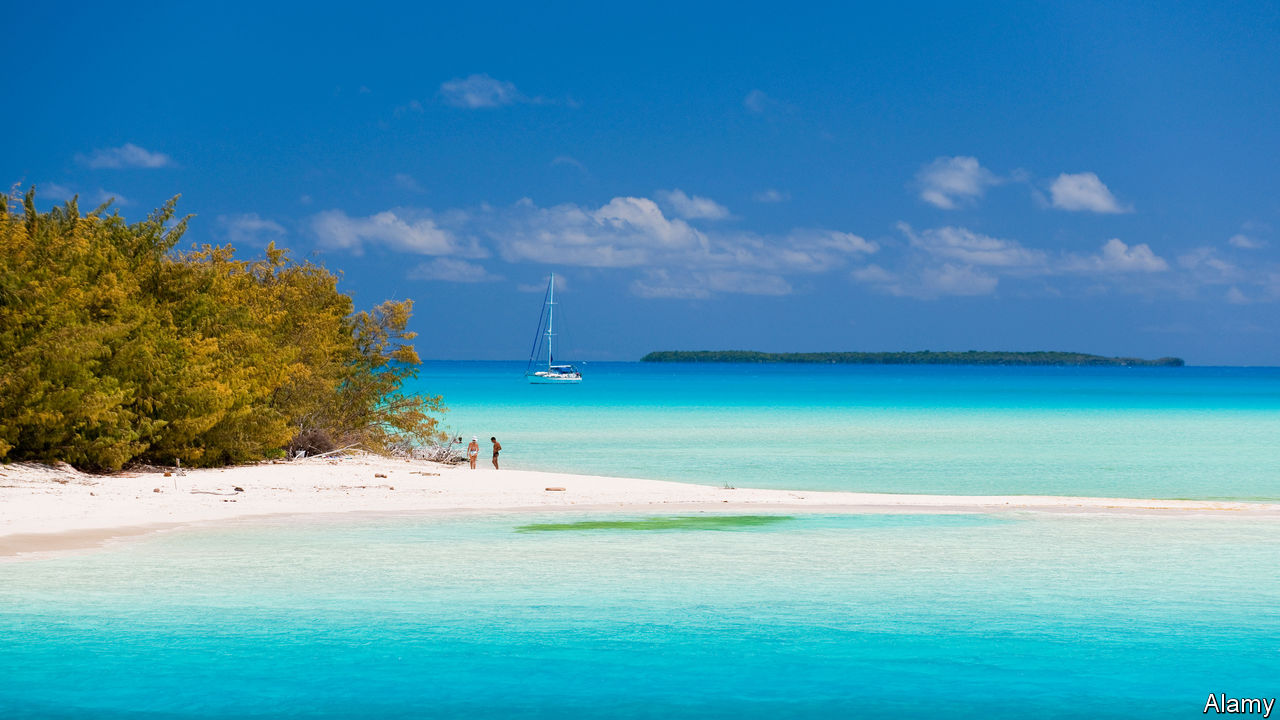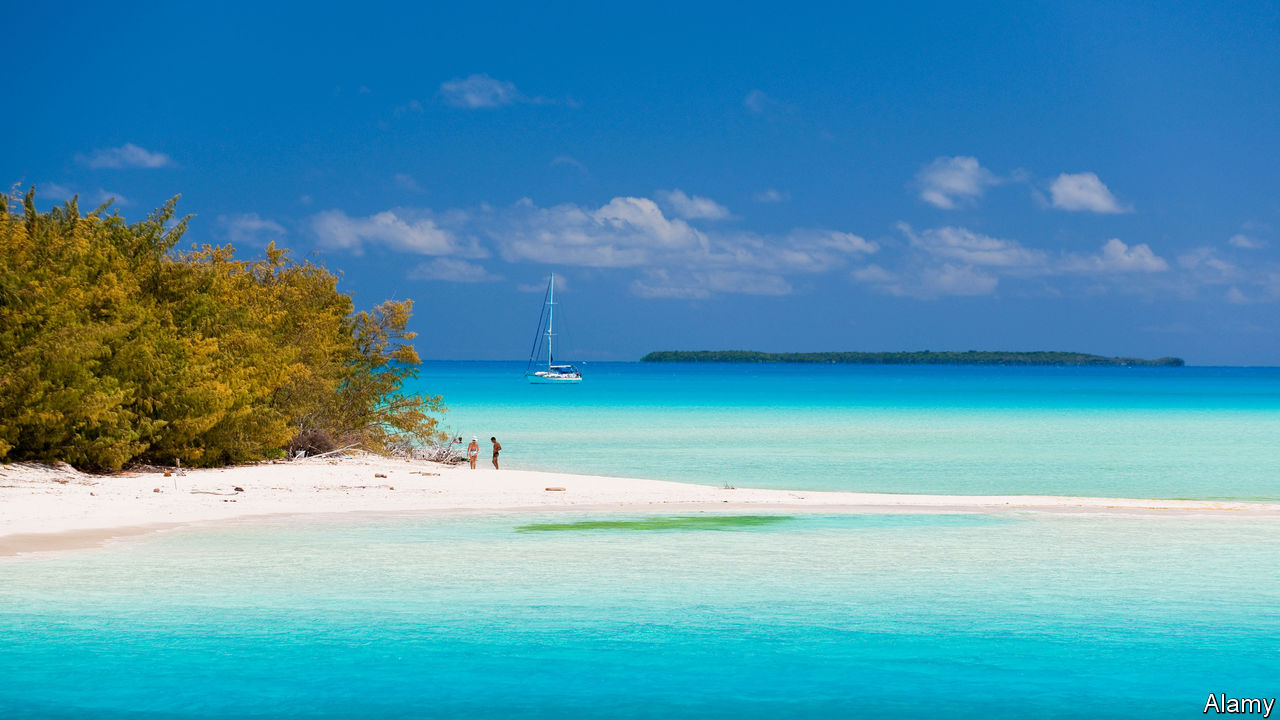
New Caledonia holds a referendum on independence

MICHEL ROCARD, a former French prime minister, once described the peace deal he brokered in New Caledonia in 1988 as a “bet on intelligence”. A referendum on November 4th will reveal whether the gamble has paid off. The small Pacific territory’s long-term residents will vote on the question: “Do you want New Caledonia to accede to full sovereignty and become independent?”
Rocard’s wager originally seemed like a long shot. In 1984-88 New Caledonia was racked by fighting between pro-independence activists (largely indigenous Kanak) and those who wanted to remain part of France (mostly French migrants or their descendants). His stratagem was to concede a referendum on independence, but to defer it for ten years—a deal formalised in the Matignon Accords of 1988. When 1998 rolled around, the two sides agreed a further delay of 15-20 years in the Nouméa Accord. Now the vote is finally going ahead.
The Nouméa Accord offered further concessions to independence activists. A customary senate was established, as was a power-sharing executive. “Rebalancing” reforms were adopted to improve the lot of Kanaks, who tend to be far poorer than immigrants. Public spending was skewed towards majority-Kanak regions.
New Caledonia holds a quarter of the world’s proven deposits of nickel and Kanak leaders have big stakes in several nickel-mining projects. But the French state pays for most public expenditure. France’s representative, Thierry Lataste, points out that this lucrative arrangement will end if the territory votes for independence.
Voters will probably opt to remain part of France. All seven opinion polls conducted over the past 18 months suggest that a majority of eligible voters oppose independence. Those who arrived in the territory after 1994 are excluded from the vote, increasing the Kanak share of the electorate to around 54%. But a substantial minority of Kanaks oppose independence, as do almost all non-indigenous voters.
The main Kanak parties have softened their pro-independence rhetoric, and muse about “free association” or “shared sovereignty” instead of a clean break with France. Emmanuel Macron, France’s president, has himself talked of a “sovereignty within a sovereignty”, whatever that might mean. It was the anti-independence camp that insisted that the referendum should offer independence; the other side prefers the woollier “sovereignty”.
If voters shun independence, the Nouméa Accord provides for two more votes in 2020 and 2022, should a third of the territorial congress so choose. But an emphatic defeat would probably encourage politicians who wish to remain part of France to demand changes. France’s prime minister is due to arrive in the capital, Nouméa, the day after the vote. Brokering compromises among feuding politicians in the Pacific is a little-known part of his job.
